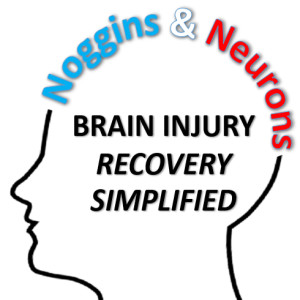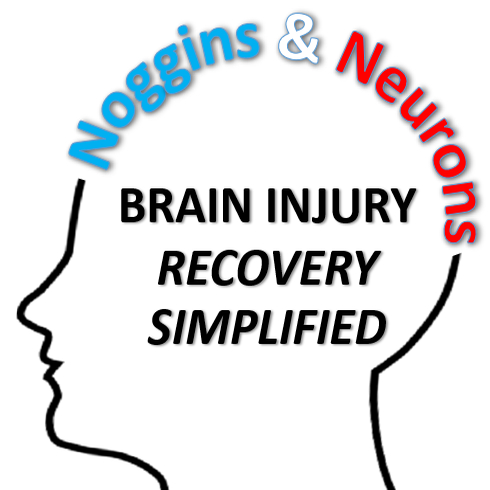Episodes

Monday Jul 05, 2021
Sensation Recovery
Monday Jul 05, 2021
Monday Jul 05, 2021
Sensation Recovery
PETE: If you can’t feel it, it’s harder to integrate it into anything that you do and so you don’t do it as much and so you add to learned non-use.
DEB: Yeah. And think about that with the person who also has neglect. They don’t know that they have that side and they don’t feel that side, there’s no reminder that the side is there so it impacts body awareness.
PETE: Absolutely. Let me ask you this, as a clinician, and I’ll try to get my head around this as well, if you think that sensation is recoverable, do you think it’s worth putting some of your valuable clinical time, your limited amount of time with that patient focused specifically on sensation recovery?
DEB: I think it would be worth it. Because if sensation and movement are linked together, it’s important, and for all the reasons that we just talked about, the things that can go wrong, improving sensation can increase safety, it can increase independence, quality of life...yes, I think we should be working on that.
EPISODE SUMMARY: In this episode of NOGGINS & NEURONS: Stroke and TBI Recovery Simplified, Pete and Deb talk about recovering sensation. We talk about:
- The role of sensation in movement, body awareness and safety
- The impact of sensation on quality of life
- Repetitive practice and sensation recovery
- Assessing and treating sensation along with best practice info on documentation
- Active and Passive interventions
- A sensation recovery home program
Pete and Deb talk about the points listed above and a few others in detail with the hope that you can do more around improving sensation after stroke or brain injury.
As always, we want to hear your top takeaways!
LINKS TO ARTICLES, BOOKS AND OTHER IMPORTANT INFORMATION:
- Ledesma, N. (2019). SENSORY TRAINING: Translating research to clinical practice & home program
- Serrada, I., Hordacre, B., & Hillier, S. (2019). Does Sensory Retraining Improve Sensation and Sensorimotor Function Following Stroke: A Systematic Review and Meta-Analysis. Frontiers in Neuroscience, 30 April 2019 https://doi.org/10.3389/fnins.2019.00402
- Does Sensory Retraining Improve Sensation and Sensorimotor Function Following Stroke: A Systematic Review and Meta-Analysis
- Rehabilitation of Somatic Sensation and Related Deficit of Motor Control in Patients With Pure Sensory Stroke
- The Nottingham Sensory Assessment
Questions and Comments about the podcast: NogginsAndNeurons@gmail.com
DONATE TO NOGGINS & NEURONS:
Donate to Noggins And Neurons and get an Allstar Pete Trading Card
Using your PayPal app:

RESOURCES:
- Pete’s blog, book, Stronger After Stroke, and talks.
Deb's OT Resources:
- Deb's OT resources
- The OT's Guide to Mirror Therapy
- Tri-Fold Mirror (US address only)
- Occupational Therapy Intervention: Scavenger Hunt Visual Scanning for Adults
REQUEST TO BE A GUEST ON NOGGINS & NEURONS. If you’re passionate about stroke recovery and have information or a story you believe will help others, we’d love help you share it on the show. Complete the guest request form below and let’s see if we’re a good fit! Guest Request Form
MUSIC:
“Soft Inspiration” by Scott Holmes/Scott Holmes Music/scottholmesmusic.com



No comments yet. Be the first to say something!